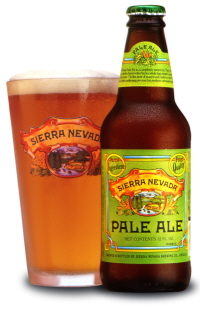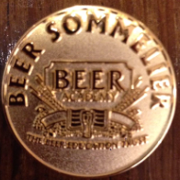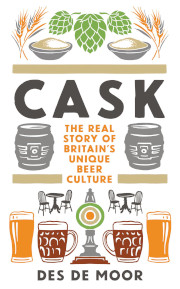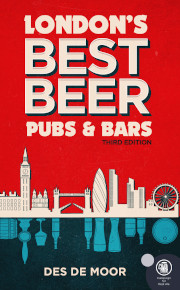Originally published in BEER July 2006 as part of a page about beers from the USA available in the UK
ABV: 5.6 per cent
Origin: Chico, California, USA
Website: www.sierranevada.com

Sierra Nevada Pale Ale
With 4 July imminent, I’m raising a toast to life, liberty and the pursuit of happiness with a trio of great beers from that most remarkable of brewing countries, the United States of America.
As with everything else, the USA does beer in a big way. Following the decisive break in the development of the industry caused by Prohibition between 1920 and 1933, and the huge expansion of the market after World War II, concentration and homogenisation got off to an early start.
By the 1970s US brewing was dominated by a handful of huge companies like Anheuser-Busch, Coors and Miller, churning out oceans of nationally marketed bland pale lager derivatives to slake the thirst of what was then the world’s biggest beer market.
The backlash came in the 1980s with a growing movement of home brewers, microbreweries and brewpubs inspired by pioneers like San Francisco’s Anchor Brewery (see below), the success of CAMRA in Britain and the example of the USA’s own increasingly inventive and confident winemakers, who in the 1970s had begun to win international acclaim.
The new wave of brewers have looked across the Atlantic for inspiration in styles and techniques. But as with other cultural borrowings, they’ve applied native verve and enthusiasm to create beers that are distinctively American.
The most obvious national characteristic is the generous use of hops. The assertive fruity and citric flavours derived from local varieties like Cascade and Chinook are the brewers’ equivalent of the vivid fruitiness associated with particular grapes in the country’s varietal wines.
With over 1,500 craft breweries and even the megabrewers reviving specialities, the choice for American consumers is now much improved, especially in big cities. But many craft brewers’ products are unavailable outside their own region, or even their own pub. And only a tiny finds its way to the UK.
One exception is Sierra Nevada Pale Ale, from the Sacramento Valley in northern California. This was the brewery’s launch brand back in1979, and its uncompromising hoppiness helped establish the love affair between US speciality brewers and humulus lupus. It’s still the brewery’s best-selling brand.
With a capacity approaching 1 million hectolitres a year, Sierra Nevada is no longer a micro but still retains impressive quality. The Pale is made from two-row pale and cara-malts and whole hops: Magnum and Perle for bittering and Cascade for aroma. It’s bottle conditioned, though with a very light sediment.
It pours a rich and slightly hazy golden colour, with a bubbly white head that soon subsides. The inviting aroma is rich with spicy pineapple fruit and glycerine.
A light but firm malty palate has pineapple chunks in syrup, gingery spice and a twiggy hop note. But the bitterness saves itself for the swallow, becoming assertive with resin and pepper in a dry finish over spicy sweetish malt.
Though undeniably bitter, the beer stays well-balanced and is far more approachable than some of the “hophead” beers produced by subsequent generations of US craft brewers. It remains a fresh and lively introduction to the country’s reimagining of pale ale.
See the next post for more beers from the USA.
Read more about this beer at ratebeer.com: http://www.ratebeer.com/beer/sierra-nevada-pale-ale-bottle/365/





Leave a Reply